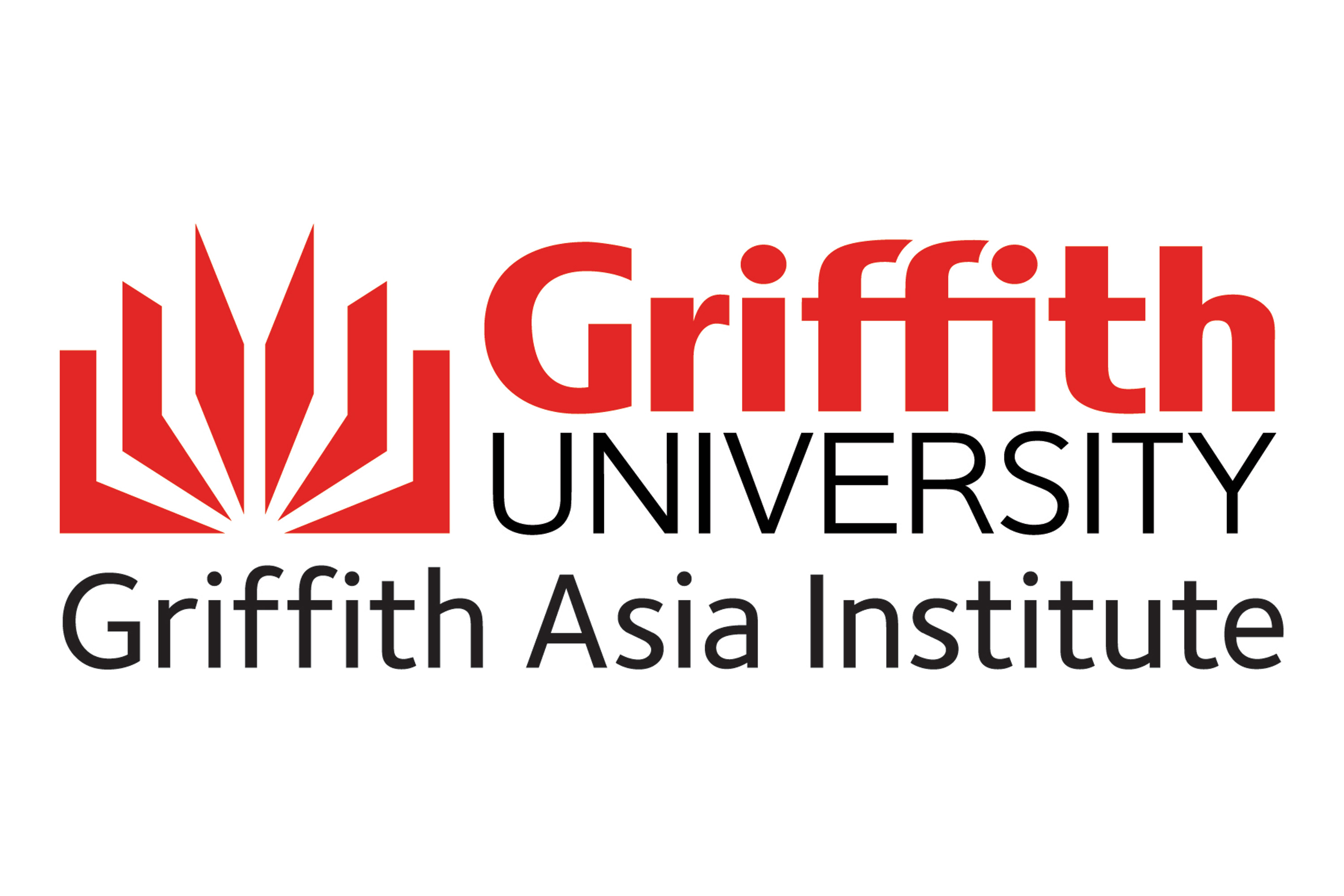
Principal speaker
Associate Professor Andrew Phillips
Presented by: Andrew Phillips, Associate Professor, International Relations and Strategic Studies, School of Political Science and International Studies, University of Queensland
International Relations scholars have increasingly turned to China’s traditional tributary system in East Asia to broaden our understanding of international systems beyond the ‘states-under-anarchy’ model derived from European history. This scholarship provides the inspiration and foil for this article, which critiques IR scholars’ conceptualizations of how international hierarchy arose and endured in East Asia in light of insights from the ‘new Qing history.’ I argue that IR scholars’ images of East Asian hierarchy exaggerate the importance of Confucian cultural consensus as the ideological glue sustaining Chinese regional hegemony. Instead, China’s dominance under the Qing Dynasty (1644-1911) can only be understood once we recognize the Manchus as a colonial conquest dynasty, which manipulated a wide variety of idioms of rule to cement its dominance over diverse imperial constituencies, only some of which identified with Confucianism. The Manchus did not secure imperial dominion by simply Sinicizing themselves into conformity with prevailing cultural norms. Instead, they built imperial hierarchies through extensive reliance on strategies of heterogeneous contracting, involving customized legitimacy scripts tailored to win and retain the allegiance of the empire’s communities. Rather than trying to impose cultural consensus and homogeneity, the Manchus cultivated ethno-linguistic differences and localized idioms of rule to maintain their power. In so doing, they resembled other multi-ethnic and multi-confessional early modern Eurasian empires, rather than embodying a distinct benign Confucian alternative to Westphalian anarchy. My argument thus radically qualifies IR scholars’ efforts to imagine traditional East Asian hierarchy as an exemplar of a stable alternative to Western sovereign statist anarchy, and undermines East-West dichotomies that have long informed comparative studies of international systems.
Andrew Phillips is an Associate Professor of International Relations and Strategic Studies in the School of Political Science and International Studies at the University of Queensland. He is the author of War, Religion and Empire: The Transformation of International Orders (CUP 2011), and (with J.C. Sharman) International Order in Diversity: War, Trade and Rule in the Indian Ocean (CUP, 2015).
To RSVP, please contact Christine Kowalski on (07) 3735 4705 or
events-gai@griffith.edu.au by 12.00pm Monday 17 October 2016.
Event categories
RSVP
RSVP on or before Monday 17 October 2016 , by email events-gai@griffith.edu.au , or by phone x54705
Event contact details
- Christine Kowalski
- x54705